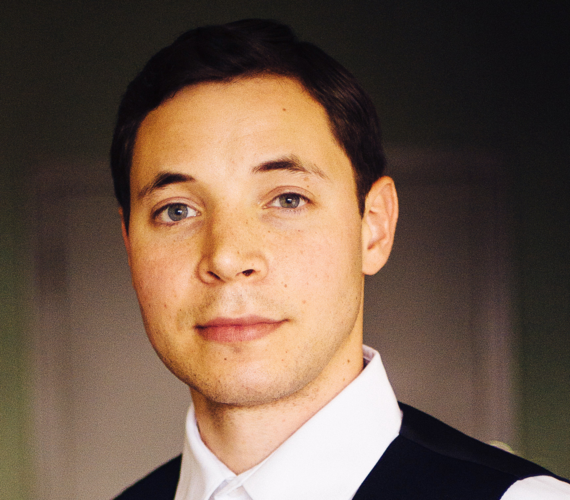
I'm a member of a largely invisible workforce in the health care industry. I don't wear a uniform or commute to an impressive office in an elaborate medical complex. I don't have tenure or advanced degrees or a professional suffix after my name. And yet, despite a lack of any discernible professional recognition, or public awareness to speak of, I'm entrusted every day, to deliver some of the most intimate and important services to some of our nation's most vulnerable citizens.
As a Direct Support Professional (DSP), I assist individuals with the activities of daily living -- bathing, dressing, feeding, and transporting people with a variety of disabilities and needs. I administer medications, first aid, and CPR, if necessary; help with scheduling and personal finances; mediate conflict, spearhead fundraising efforts, champion advocacy initiatives, and provide personal counseling as needed. But more than that, I help the people I work with to make those conscious, self-directed choices so many of us take for granted. Whether it be as simple as accessing e-mail to maintain lines of communication with family and friends, or as complicated as navigating transportation and lodging options for an international trip, I empower the individuals I serve to pursue and attain those things most important to their happiness and ultimate fulfillment.
To those who have a vague understanding of the job I perform, I'm an angel of mercy, an infinitely patient Pollyanna, inevitably charitable, and unfailingly self-sacrificing. Not an unflattering characterization, if I'm being honest, but also not remotely true. It's a particularly pernicious lie that anyone who does non-profit work does it to fulfill some kind of calling. It's an even more dangerous proposition to insist on it.
In reality, insufficient compensation helps to perpetuate troublingly high turnover rates throughout the country for DSPs. An improving economy and fewer applicants intensifies the struggle to fill open positions and makes staffing programs more difficult. Professional forecasters routinely warn of the looming shortfall and as the projected number of individuals requiring services increases and the workforce flat-lines, the prospects for a robust and responsive system become far less promising.
Politicians openly champion the work that our agencies do, and since the shuttering of institutions in the 1970s, have made no secret of their enthusiastic support of home- and community-based services. My state representatives repeatedly remind me how valuable and meaningful the work I do is during meetings in Albany. But when legislators regularly vote to slash the budgets of non-profits and defund the vital programs that support individuals with disabilities, it underscores a larger indifference that pervades the public and political discourse concerning the social welfare of its most powerless citizens.
Much of the rhetoric which keeps salaries in the field stagnant relies heavily on a general public poorly versed in the realities of long-term care and its related costs. State governments have worked tirelessly to improve safeguards and oversight for people with disabilities, but have done little to make direct support positions more attractive to a new generation of workers. While the industry continues to work proactively to curb expenses and adjust to meet the needs of a rapidly changing fiscal environment, public officials continue to reap the benefits of a more efficient delivery system. But, the agendas they stump for are woefully inadequate without a dynamic and dependable workforce to make them possible.
In the slowly intensifying austerity battle of recent years, DSPs man the front lines -- an army of gatekeepers between the world at large and a world of immense privation and instability. During that time, non-profit agencies have managed to enrich the lives of innumerable people with disabilities while simultaneously watching their own resources slowly disappear, the victims of their own success at convincing compassionate people to accept a job with wages wildly incommensurate with its attendant responsibilities.
The nation owes a debt to their efforts. It owes a debt to ensuring a future when DSPs are no longer required to forfeit their personal ambition to pursue a rewarding career in direct care and are formally recognized as an essential part of the delivery of quality, humane services in communities throughout the nation.
The health care system is exceptionally big and complex. And its failings do not begin and end with the inattention it offers Direct Support Professionals. But in a nation where one in six children is diagnosed with a developmental disability, our strategy and means for ensuring their care certainly deserve to be part of the conversation. Ultimately, we all benefit from a steady supply of well-trained, motivated DSPs. And, as in any other field, the only sure-fire way to ensure long-term, consistent employment is the promise of a living wage. Let us endeavor to build a strong and lasting foundation for the next generation of people with disabilities and their families and let us start by demanding our policies better reflect our values.
By Matthew Gross
Matthew Gross is an advocate for people with disabilities and has
worked for five years with YAI as a Direct Support Professional in
Long Island, N.Y. He currently lives in Queens with his wife,
Jennifer.
